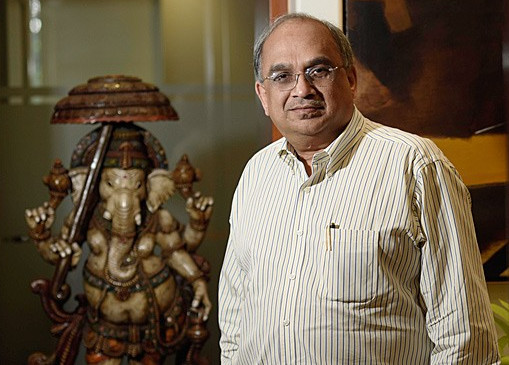
I never thought Infosys would blossom into a 150x multibagger
Bharat Shah, the doyen amongst value investors, is well aware of the fact that the novices of Dalal Street are obsessed with multibaggers.
This obsession has led to our ruin and we are now saddled with several junkyard stocks in our portfolio which have eroded our already meager resources.
Bharat Shah counselled us to get rid of this obsession and instead to follow the traditional approach of finding winning stocks.
“We approach a stock with a multibagger mindset in advance. That is arrogance,” he said in a gentle and yet firm tone.
“Multibaggers happen,” he added.
Seeing the bemused expression on the faces of novices, he explained further.
“Multibaggers really happens when you buy a virtuous bundle of attributes or a package and you have the sagacity and wisdom to sit on it for a long period. It is the ability to sit on it for long enough duration, which actually has the greatest contribution to make it multibagger“, he said.
“Trying to predict multibaggers and buying them with that mindset is most likely to disappoint you and deliver inferior results,” he added.
To prove his point, Bharat Shah cited examples of several stocks such as Bajaj Finance, Bajaj Finserv, Asian Paints, Berger Paints, Pidilite Industries, HDFC Bank, Gruh Finance, PI Industries, etc which are true multibaggers and have enriched investors beyond their own wildest imagination.
He also cited his own personal example with Infosys.
When the Company came out with an IPO in 1990, it was under-subscribed and was a flop.
However, using the traditional norms of investing, Bharat Shah visualized that the stock had multibagger credentials and bought a truckload.
He did not sell the stock even when it went up 3x.
Presently, it is up a mind-boggling 150x from his purchase price.
“Did I really judge and did I know when I bought it that it is going to be some 150-times from the price that I bought? No. That will be utter arrogance to say, or it will be self-praise to say that one could judge everything in advance,” he said with utmost humility.
“All that one could judge was that here is a good management, people whom you can depend upon, right kind of professional behaviour and governance, that the business is a large-size opportunity, global in character and there were great attributes to the business which are amenable to value creation . On a conventional measurement also, the business was available at a reasonable price,” he explained.
“Thereafter, it is just the patience of sitting on it in the market process, which made it multibagger,” he added.
Bharat Shah also cited the example of Asian Paints to buttress his point.
A paltry sum of Rs. 1 invested in Asian Paints 30 years ago is worth about Rs 850 today.
In these 30 years, Asian Paints has not diluted its capital at all by way of rights, QIP, etc.
“That is the beauty in a great high-quality business and the management that has sat on it for long period of time,” he exclaimed.
Forget about identifying “performing sectors“, latest trends etc
Another favourite pass time activity of novice investors is of trying to identify the sectors which will “perform” and loading up on stocks from there.
Bharat Shah deprecated this practice as well.
“Identifying a performing sector is a very temporary activity. Investing is not about finding a sector. It is not about finding a fashion or a trend or a theme. It is not about judging an index or making some index predictions,” he explained.
Investing is a bottom-up art. It is about picking and choosing quality businesses run by quality and dependable managements, he added.
“Look for businesses that are sitting atop a large chunk of opportunity where the fundamental capability to grow is visible. Growth is vital, because without growth, equity becomes like a bank fixed deposit and after a while a negative bond,” he added.
He also emphasized that our task as investors is to buy into “superior value-creating machine” with a “margin of safety“.
The bottom-up stock selection and discipline is the approach, he said.
He also explained that we must have the wisdom to sit on the good things that we have found, and not part with them in a whimsical or temperamental way for the temporary change or oddities in market behaviour.
“Not surrendering to market behaviour is vital,” he stated.
Quality of management is paramount and non-negotiable
We have seen with our own eyes how investing in “Chor stocks” has proved to be an unmitigated disaster.
Hundreds of crore of rupees which were invested in the hope that the Chors would reform themselves have been washed away in the gutter.
“Quality of management is the first principle of investing. One should never lose sight of it,” Bharat Shah advised in a tone which implied this was a non-negotiable pre-condition.
“A bad management can end up damaging even a good business in so many ways that you cannot imagine. Even if they do not end up damaging the business, they can certainly end up damaging an investment in a very bad way,” he explained.
He also pointed that a bad businesses does not have the fundamentals to create value for investors.
Errors of omission are fine, avoid errors of commission
Warren Buffett had drawn a masterful distinction between “errors of omission” and “errors of commission“.
In the former, we miss out on potential gains while in the latter we lose real money.
“Errors of omission do not hurt you really, but it is errors of commission which can seriously set you back,” Bharat Shah explained.
“Errors of commission occur when you make those fundamental transgressions or errors either in judging the quality of a business or in judging the quality of management or you try to profit out of rubbish, hoping that somehow either you are too smart to get affected by it or you are too lucky that you will get away with it, Neither of this is a sustainable one,” he warned.
New Gen investors are more mature than in my time, 31 years ago
The general perception is that the youngsters thronging Dalal Street are immature and in a hurry to make a quick buck.
However, Bharat Shah explained that this perception is not correct and the youngsters are doing homework before parting with money.
“I have seen a growing maturity among our clients over time. The kind of questions they ask, the kind of periods for which they want to remain committed, their ability to ward off difficult phases in the market without losing patience is something which I growingly observe and appreciate,” he said.
He also pointed out that there is a world of difference between the youngsters of the olden days and the present crop.
“There is far greater maturity, sensible behaviour and commitment to longer term and ability to discriminate that investing is not a ‘get rich quickly’ scheme,” he observed with a happy smile on his face.

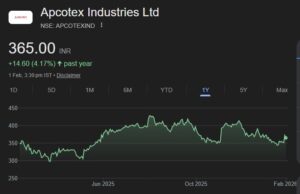
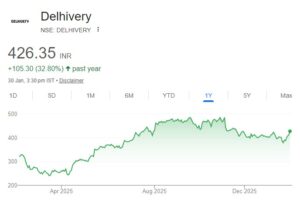
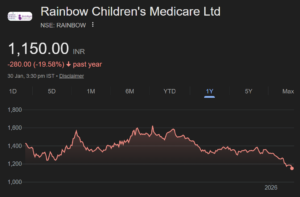
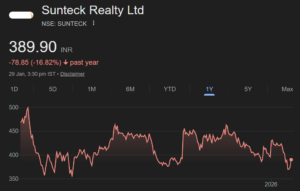
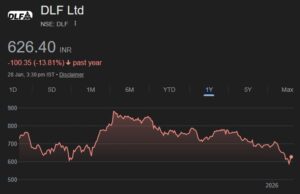
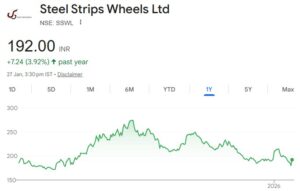
I don’t understand what is the “arrogance” in this if I have the “wish” that my shares should be multi-bagger. Everybody wishes that.
It is not the wish, but rather the expectation. Once you wish, you are bound to make mistakes as you enforce errors of judgement emotionally. If you expect, then you remain cautious and guarded and have greater chance to be pleasantly surprised through a judicious mindset.